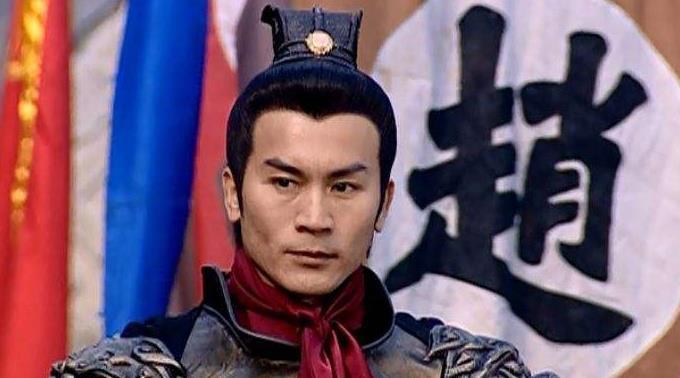In ancient times, when generals rebelled, soldiers would listen to the generals, which was actually an illusion of people. Because, if rebellion were really so easy, then the lifelong system and the hereditary system would have disappeared into the dust of history long ago.
In fact, when a general is rebelling, most soldiers are willing to follow him, usually because they have the intention of rebellion. In this context, the general will shake his arms, and they will collectively rebel with the general. Otherwise, the general's front foot has just rebelled, and the back foot will be cut off his head to obtain glory and wealth.

To be more specific, in a normal army, in addition to the general responsible for directing the operation, there will usually be a supervisor and staff officer with equal power; at the same time, there are division commanders, deputy division commanders, brigade commanders, regimental commanders, etc., and each level corresponds to a response level of supervision and staff officers. In other words, in the military, there are usually two systems of mutual restraint, the so-called civilian system and the military system.
In this context, if a general wants to rebel, he must first annex the civilian system within the army from top to bottom, otherwise he will rely on his limited command power, what will he use to rebel?
Ten thousand steps back, even if he can deal with the internal civil service system, the problem is, if he wants to create the emperor's rebellion, he must also have personnel power?
In other words, whoever he wants to be the division commander can be the division commander, and whoever he wants to kill will kill the division commander? Otherwise, why did the division commanders, deputy division commanders, brigade commanders, etc. below him follow him in rebellion? Usually, the emperor will not grant this power to the general, even if the emperor has special trust in a general and grants him this power, such as making him fake, but the general usually does not exercise this power casually.
Because, at will, exercising this power is a typical death-seeking. In the simplest terms, Cao Cao had granted yu the power to take the holiday festival, and Liu Bei had also granted Guan Yu the power to fake the festival, but they were rarely used to kill the generals below him. Of course, even if you can get the division commanders, deputy division commanders, brigade commanders, etc. below, the problem is that you still have a very difficult problem, that is, logistics.
Usually, the logistics of the army are uniformly deployed and responsible by the relevant system officials of the central government, and the generals in the army cannot intervene in the management. In this context, if the general wants to rebel, the emperor can immediately cut off your logistics, and then you have so many people under you, what will you eat?
Although, after the general rebels, you can occupy part of the territory and then build your own logistics system, the problem is that this will take enough time, in the face of the army sent by the emperor to encircle and suppress, you may have a hard time supporting until that time.
In this sense, the generals who are usually able to rebel are no longer generals, but have metamorphosed into warlords, or on the road to warlords, that is, the military, government, finances and personnel in their territory have begun to become responsible for themselves.
In this context, this army is equivalent to becoming an independent interest group, and its internal members no longer think about the interests of the emperor, they will only consider their own interests and future. If certain actions of the emperor harmed the interests of their group, or if they felt that their group had a chance to rise to a higher level, they would actively support or encourage the general to lead everyone to rebel.
If at this time, the general cowered and did not dare to rebel, or all kinds of twists and turns, everyone would collectively kneel on the ground and beg him, and even directly put the yellow robe on him, or take a knife to force him to rebel; if not, everyone would even cut him off on the spot, and then elect a new general to lead everyone to rebel.
I think that back then, An Lushan, who was not even a warlord, scolded his men like this, in short, Lao Tzu did not want to rebel, you all advised me to rebel, and said that after the rebellion, how can I do, now it is good, Lao Tzu was fooled to death by you. So, as long as we understand this, we will know that the soldiers are willing to rebel with the general, mainly because everyone is inclined to rebel, or wants to rebel.